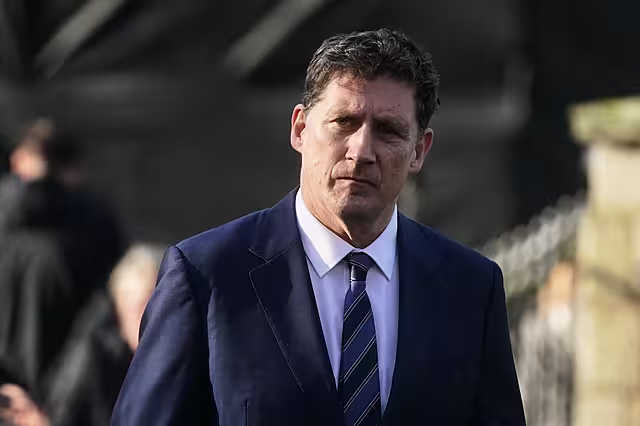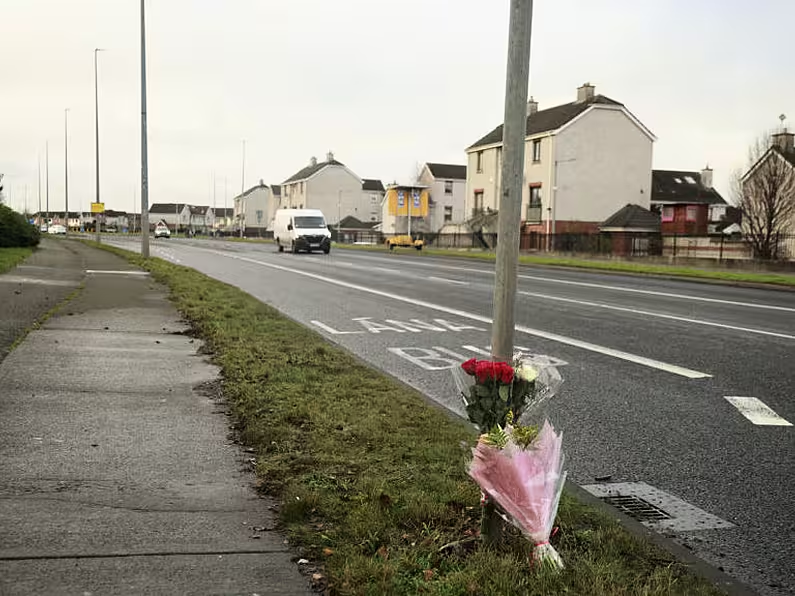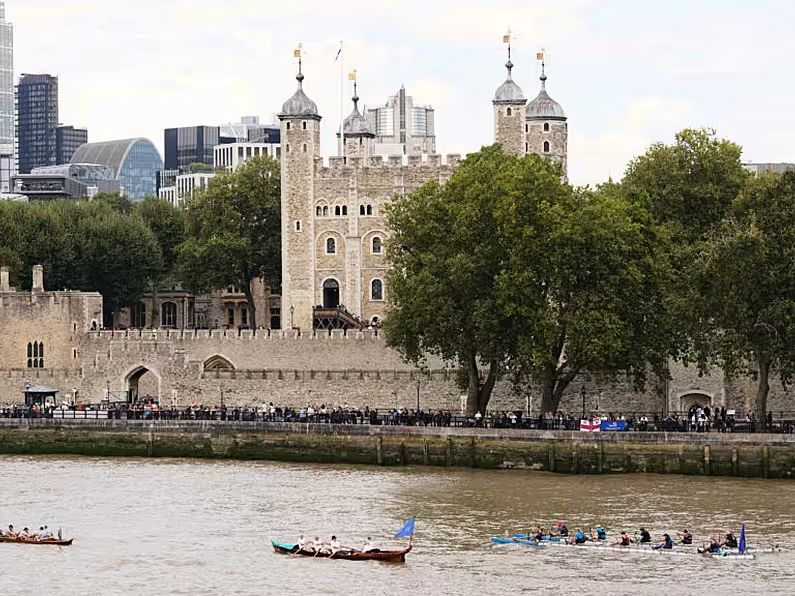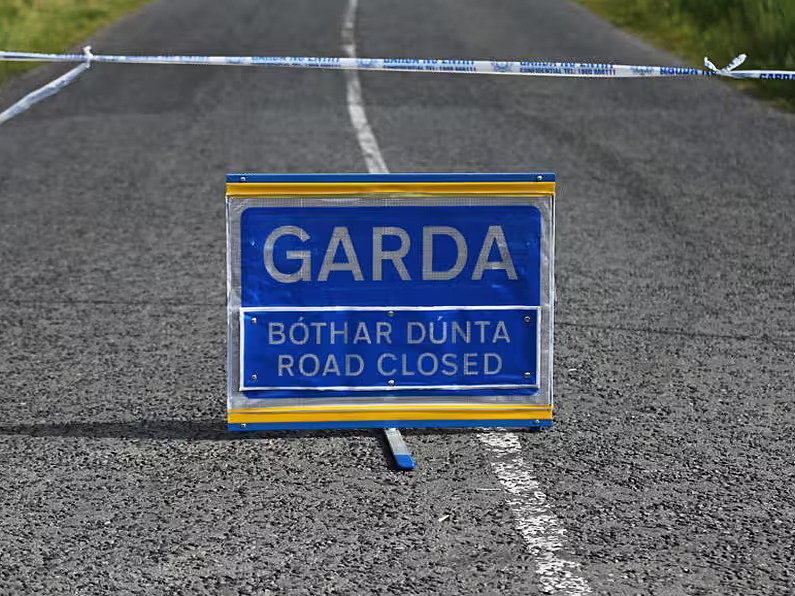By Cate McCurry, PA
More than 80 per cent of people in Ireland are worried about climate change, while three quarters of the public think extreme weather poses a “moderate or high risk” to their community over the next 10 years, a report shows.
The Environmental Protection Agency (EPA) has published initial results from the second wave of its Climate Change In The Irish Mind project (CCIM).
This work was undertaken by the EPA and the Yale University Programme on Climate Change Communication.
The findings of the nationally representative survey show broad consistency with the 2021 study, including continued high level of climate awareness, acceptance of human causation and the personal importance of climate change.
Key changes include an increase in worry about severe storms at 74 per cent while more than half are worries about extreme heat.
There has also been a large increase in people who hear about climate change in the media once a week or more often.
Speaking about the report, Laura Burke, director general of the EPA said: “We know that Ireland is experiencing the impacts of climate change.
“These findings highlight that Irish people are aware of these impacts and are worried about the harm it may cause.
“People are engaged with this issue, talking about it with their friends and families and hearing about it frequently in the media.
“Despite the many challenges, including cost of living increases, people remain positive about the benefits of climate action for our economy and quality of life.
“There continues to be majority support for a range of climate policies.
In particular, we see overwhelming support for improved public transport and renewable energy, which can deliver significant emissions reductions, air quality improvements as well as delivering cost savings for individuals.”
There has been an increase in the number of people who reported hearing weekly about climate change in the media from 51 per cent in 2021 to 74 per cent in 2023.
This is aligned with high levels of public trust in mainstream media, 68 per cent and in journalists at 68 per cent on the topic of climate change.
Furthermore, over 80% of people trust scientists, the Irish EPA, educators, family and friends, television weather reporters, and environmental NGOs on the topic of climate change.
A large majority of Irish people, 79 per cent, say climate change should be either a “very high” or “high” priority for Government.
In addition, a majority of people in Ireland believe climate action will provide opportunities to create new jobs and improved quality of life.

While still receiving majority support, two policies “higher taxes on cars that use petrol or diesel”, and “banning peat, coal, and oil for home heating” received weaker support from those who had experienced economic difficulties.
However, the findings show that those who reported economic difficulties in the last year expressed the same levels of worry and feelings of personal importance about climate change as those who experienced no difficulties.
Speaking about the report, the Minister for the Environment, Climate and Communications, Eamon Ryan TD said: “The findings of this second Climate Change in the Irish Mind survey are very encouraging.
“It confirms that Irish people have a good understanding of the complex issues of climate change, that they are concerned about its effects on their lives, but importantly that they believe that taking climate action can make our country more resilient, creating jobs and improving our quality of life.
“This survey also shows us that climate is not an issue that divides people as much as it unites us.
“It also underlines the importance of ongoing engagement and communications.
“As a Government, we must listen and act so that we are supporting people to take climate action that works for their community — from the ground up.
“Climate action won’t work if it’s a top-down, blame or shame approach.
“Our transition to a new way of doing things must be fair, it must involve everyone, and it must ensure that things will be better.”
For the latest Waterford News and Sport, tune into WLR News on the hour and download the WLR App for news on demand.












